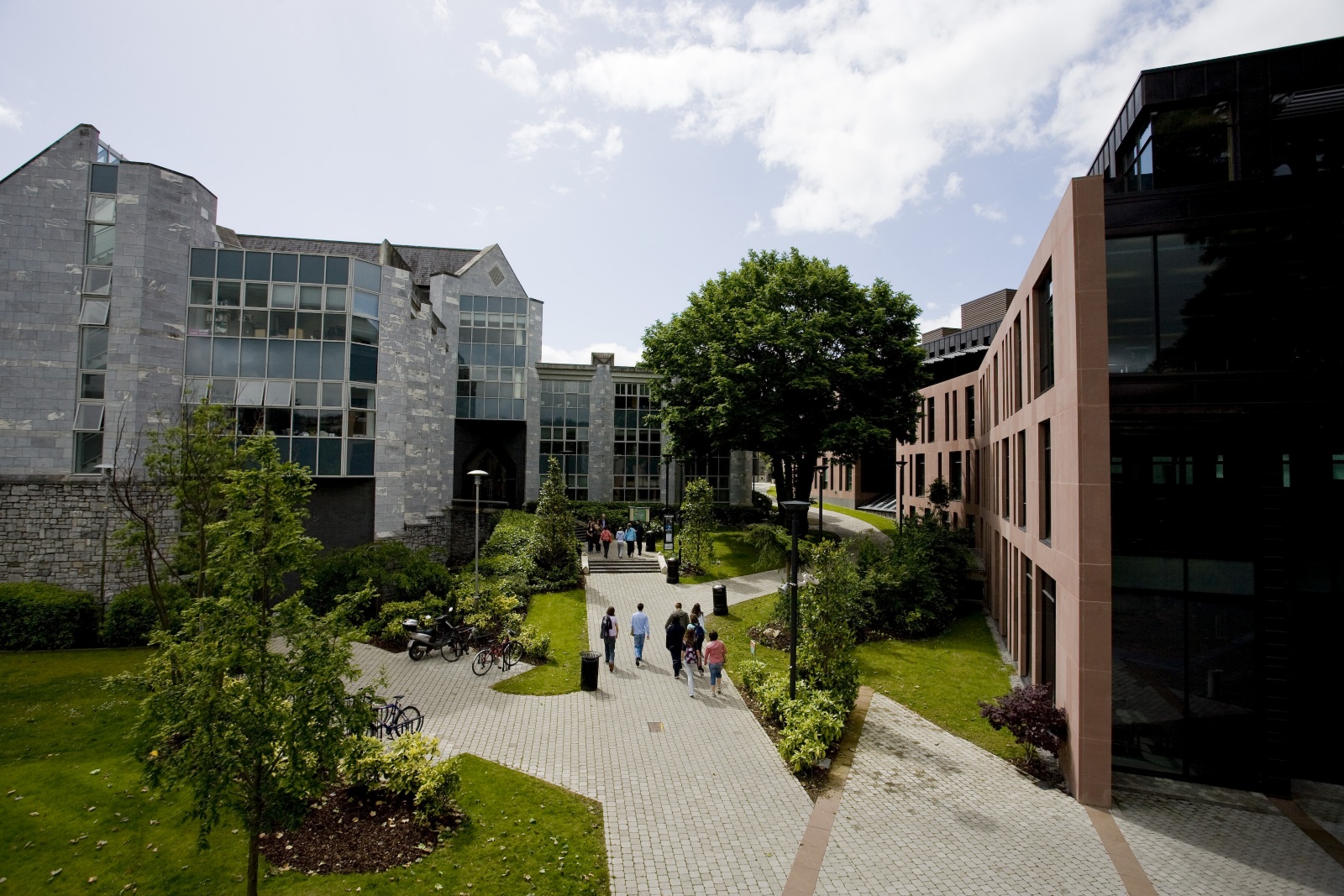In This Section
- Home
- About Us
- Research
- Research Clusters & Working Groups
- Ageing
- Children and Young People
- Research for Civil Society, Environment and Social Action (REACT)
- Genders, Sexualities and Families
- Disability and Mental Health
- SHAPE
- CARE21
- Migration and Integration
- Poverties, Social Justice and Inequalities
- Gender and the Academy Research Working Group
- Crime and Social Harm (CSH)
- Populism and the Rise of the Far-right
- Work, Organisations and Welfare
- TRANSS UCC Working Group
- News and Events
- People
- Events
- Join Us
What Have We Learned about Long-term Care in the Pandemic?

In this seminar Professor Mary Daly (University of Oxford) reflected on what the COVID-19 pandemic has revealed about long-term care, and care in general. She considered the priorities and assumptions that were embedded in policy responses, both those about the giving and receiving of care.
In terms of the policy response, Professor Daly noted that Covid 19 was treated as a medical emergency by and large. The 'legitimate needs’ holders' were perceived to be those who were ill. With regards to social protection, the main action was to protect the employment system. Income protection was provided mainly for a class of ‘uniquely unemployed’ through the Pandemic Unemployment Payment (PUP). From a care perspective no supports were provided for parents or family members who were caring, although they could apply for PUP. Many services were cut drastically, if not closed completely, especially during first lockdown.
Overall, Professor Daly argues, there was little if any additional public resourcing of care and no new rights or provisions for parents or other carers during the pandemic. Care continued as largely private, personal, and invisible, with a return to a very gendered division of caring.
Professory Daly concluded the presentation by posing a series of key questions/issues for further reflection:
- How do we overcome three core elements of the Irish welfare state that militate against a full recognition/resourcing of care: familialism, a bias towards cash transfers, a ‘hands-off’ approach from the state re services (which probably means more market provision)
- How do we reframe the settlements in private life – regarding care and also gender equality? We need to keep trying to find an equality respecting system that can replace the full-time breadwinner model and the ‘economy first’ orientation
- How do we (better) value care and those who need it and provide it?
- How can the politics of care be changed or politics be changed to be care centred?
The seminar slides are available here
The seminar was hosted by ISS21 and CareVisions, a new 3 year (2020-2023) research project which explores how we can re-envision care relations and practices in Ireland within and beyond the Covid19 pandemic.
Biography
Mary Daly is Professor of Sociology and Social Policy, at the Department of Social Policy and Intervention at the University of Oxford and a Governing Body Fellow of Green Templeton College Oxford. Most of her work is comparative, in a European and international context. Substantively, she is interested in and has published widely on long-term care and care for children, gender inequality, family policy, and poverty and welfare. Her latest book is Gender Inequality and Welfare States in Europe (Edward Elgar, 2020). Her previous books include: Welfare and the Great Recession (edited with S. Ólafsson, O. Kangas and J. Palme (Oxford University Press, 2019); Families and Poverty: Everyday Life on a Low Income (co-authored with G. Kelly, Policy Press, 2015); Welfare (Polity Press, 2011); Gender and the Welfare State (co-authored with K. Rake) (Polity Press 2003). Mary Daly’s research has been supported by, among others, the Economic and Social Research Council, the EU, ILO, Council of Europe, UNWomen and UNICEF. She is the founder of the Care Initiative at Green Templeton College Oxford https://www.gtc.ox.ac.uk/academic/health-care/care-initiative. She is a Fellow of the British Academy, Fellow of the Academy of the Social Sciences and a Member of the Royal Irish Academy.
Institute for Social Science in the 21st Century (ISS21)
Contact us
Top Floor, Carrigbawn/Safari Building, Donovan Road, Cork, T12 YE30
